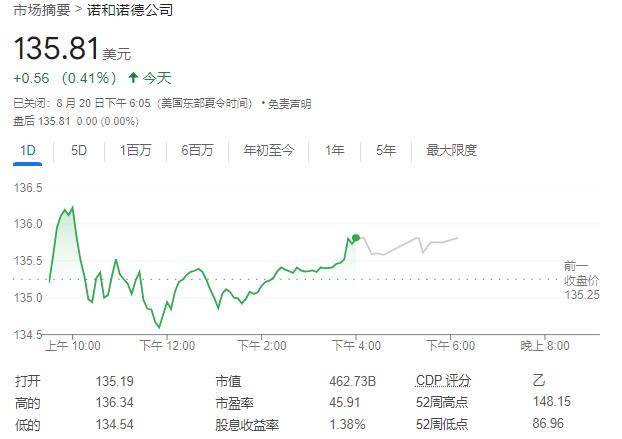Source: Market Information
The Wall Street Journal
A recent study shows that compared to other medications, patients taking semaglutide are more likely to have suicidal thoughts. However, other doctors point out that the study relies on patient self-reporting, lacks key information, and may be influenced by biases such as media reports, leading to a skeptical attitude towards the conclusions. Despite the lack of evidence, the study authors still advise caution when prescribing Novo Nordisk’s weight loss drug Ozempic to patients with a history of depression.
The latest research findings reveal that patients using Novo Nordisk’s weight loss drug and diabetes medications had a higher proportion of suicidal thoughts, intensifying concerns about the safety of these drugs in the medical community.
On Tuesday, August 20th, the study results were published in JAMA Network Open, a sub-journal of the American Medical Association. This study is the first to analyze reports of suicidal thoughts among patients taking these medications using the World Health Organization’s (WHO) global drug side effects database.
The study found that patients taking semaglutide were more likely to have suicidal thoughts compared to other medications. Novo Nordisk promotes its diabetes drug Ozempic and weight loss drug Wegovy through semaglutide.
Following the news, Novo Nordisk’s US stock was minimally affected on Tuesday, closing up 0.41%, with no significant post-market fluctuations.
The study authors recommend doctors to be extra cautious when prescribing medication to patients with a history of depression.
Although the FDA’s initial assessment earlier this year did not find evidence that drugs like Ozempic and Wegovy could lead to suicidal thoughts or behaviors, the FDA stated that it could not rule out a small risk and will continue its investigation. The European Medicines Agency’s (EMA) risk assessment committee also concluded in April that the drugs do not increase the risk of suicide or self-harm.
According to media reports, Novo Nordisk stated in an email declaration that the findings of the EMA and FDA are consistent with clinical trial data and pledged to collaborate with regulatory agencies to monitor the safety of the drugs, including monitoring data from ongoing studies and actual use.
However, the authors of the JAMA Network Open report admit that the WHO database lacks crucial information, such as the duration of patient treatment, and that the data may be biased due to dependence on self-reports from patients and doctors.
Francesco Salvo, a pharmacologist from the University of Bordeaux, wrote in an editorial accompanying the study results that the findings should prompt doctors to be more cautious when prescribing semaglutide to patients with a history of depression or suicidal attempts. Stephen Evans, emeritus professor of pharmacoepidemiology at the London School of Hygiene & Tropical Medicine, believes that spontaneous reports from patients in the WHO database are highly susceptible to bias, including the influence of media reports, hence the evidence is weak and inconclusive.
In this study, the authors analyzed over 32 million potential side effect reports submitted to the WHO VigiBase database, finding a 45% higher rate of reports of suicidal thoughts and behavior related to semaglutide compared to other treatments, especially in patients concurrently using antidepressants.
However, Stephen Burgess from the University of Cambridge’s MRC Biostatistics Unit cautions that these findings do not imply that Ozempic and Wegovy themselves are dangerous or induce suicidal thoughts, as significant weight loss itself may lead to emotional effects. Burgess commented through the Science Media Centre:
“We need to understand whether these results represent a specific side effect of these drugs or a rare but tragic consequence of weight loss for some individuals.”
Risk Disclaimer
There are risks in the market, and investments should be handled with caution. This article does not constitute personal investment advice and does not take into account individual users’ specific investment objectives, financial situation, or needs. Users should consider whether any opinions, viewpoints, or conclusions in this article are suitable for their particular circumstances. Investing based on this information is at your own risk.


